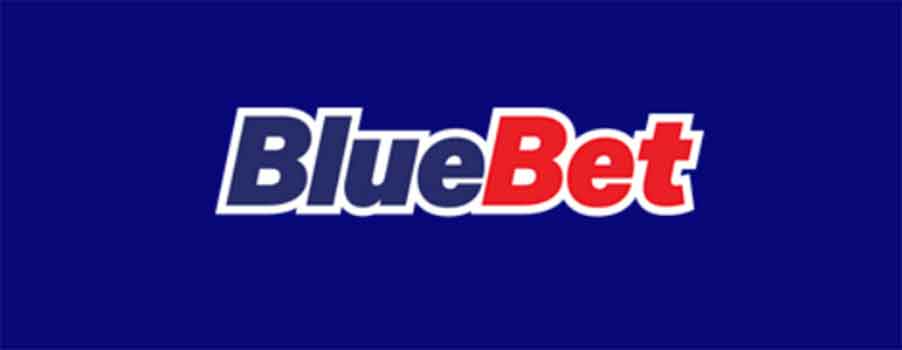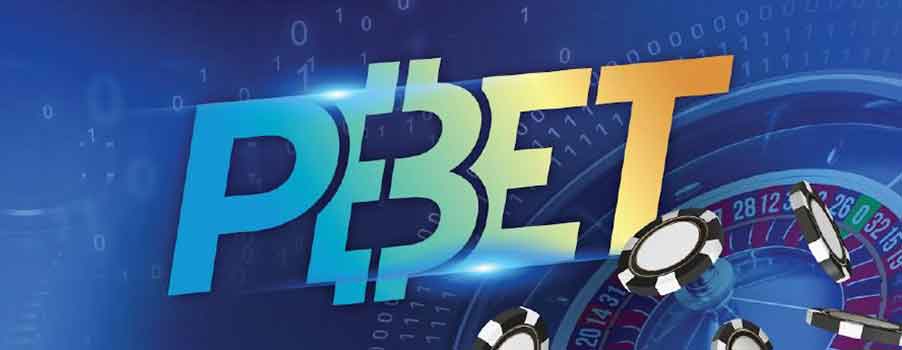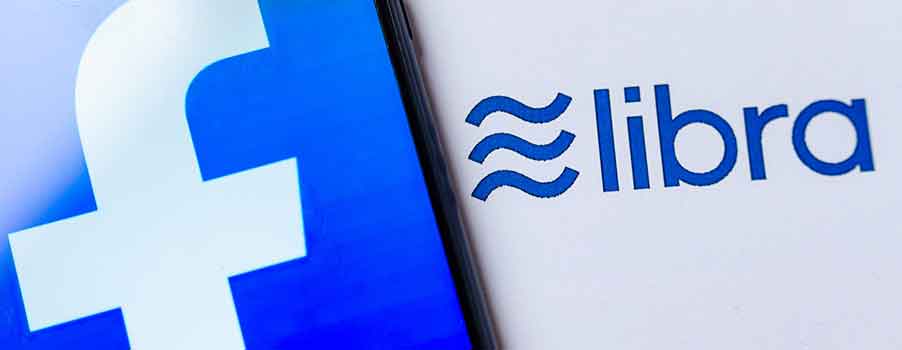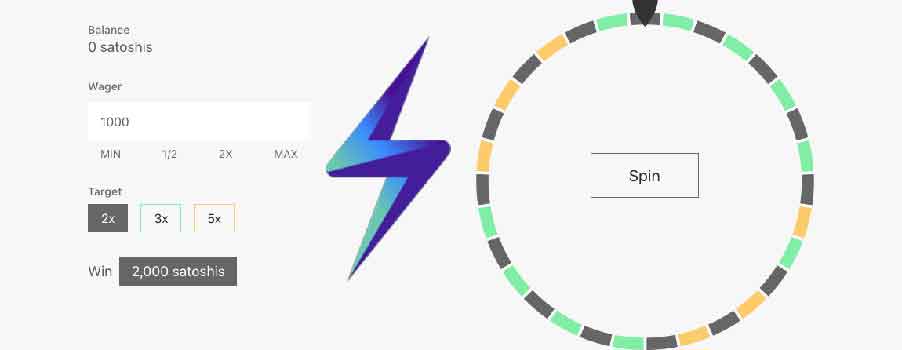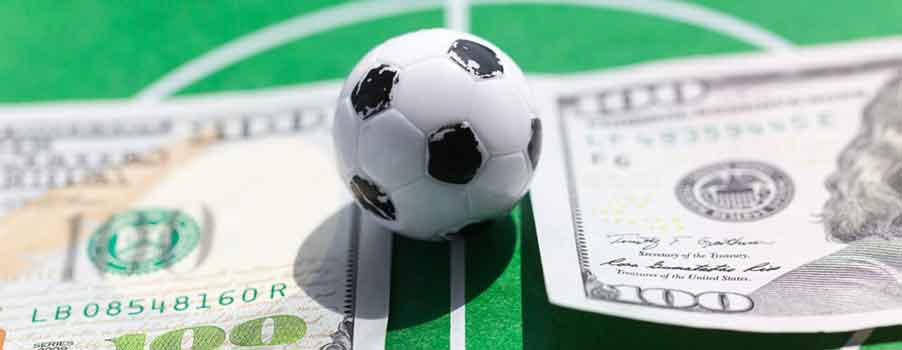According to blockchain user analysis website DappRadar, BLUEBET is the world’s leading cryptocurrency betting platform. Further analysis of the gaming website suggested that it is set to consolidate the positions for even longer thanks to its longer-term strategic focus on the so-called cross-chain crypto gambling – this will definitely be a revolutionary step forward for the recently launched gambling website.
On the DappRadar website, BLUEBET which has been in operation for just a little over seven months is described as a “multi-person online entertainment platform that is based on blockchain.” The online gaming platform supports a number of popular gaming titles including Texas, multiplayer Blackjack, Baccarat, PowerBall Lottery, Caribbean Poker, Sports, and multiplayer Three Card among many others. Its goal is to create a professional, safe and transparent gaming environment for their customers who are from all around the world. Furthermore, the company leverages the power of blockchain technology to build “a user autonomous community, and create a platform that belongs to poker enthusiasts and sports enthusiasts.”
The EOS-based project also currently ranks as the most popular blockchain projects with more than three thousand customers using it on a daily basis. However, there have been speculations that the traffic may not be quite as impressive as portrayed.
“There is a very high level of bot traffic on gambling dApps. We’re currently doing some research on this subject at DappRadar, but my personal gut feeling is +50% of traffic for some gambling dApps comes from bots,” Jon Jordan, a spokesperson for DappRadar website.
The presence of bot traffic might be a result of deliberate manipulation in order to fake user adoption numbers. Another possibility is that the bot interaction may be the result of algorithmic interactions which are completely legitimate in the context of online gambling.
Still, this might just be mere speculation as stated above especially considering the fact that BLUEBET was primarily designed and built with the Chinese gaming market in mind. Chinese gamblers have been switching to blockchain-based casinos particularly because of the anonymity they offer – this is a very important factor since gambling is still illegal in the country.
Cross-Chain Functionality
BLUEBET plans to eventually accommodate many other digital currencies including Ethereum and bitcoin. This is directly in line with the platform’s plans to build cross-chain functionality. This will allow for peer-to-peer betting by users using different cryptocurrencies. Needless to say, the functionality is almost unheard of in the crypto gambling sector and therefore it will set BLUEBET apart from all other gaming platform and give it an upper hand in the very competitive market.

